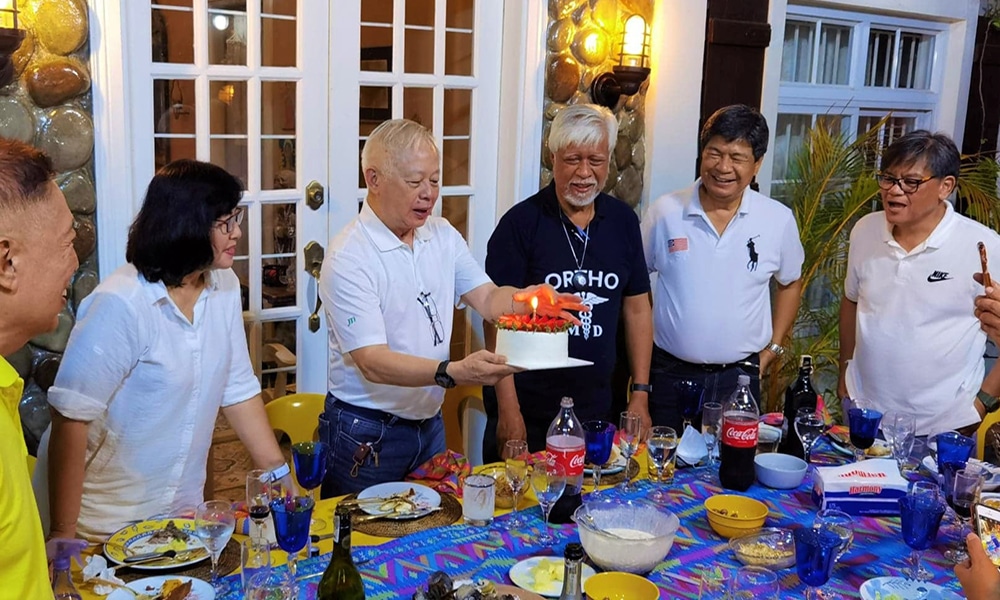Tito Ermin: A Different Kind of Strength
 By Farah G. Decano
By Farah G. Decano
THE man I knew as Tito Ermin was a paradox. Despite the tough, hard-hitting image he projected, he possessed a surprising and rare sensitivity in his interactions with others, myself included. While many mature men, the “feeling men” and the “pamintas” — found my stubborn stance on social and political issues threatening, Tito Ermin saw through my tough exterior.
He once told me that I had more “balls” than my male counterparts in public office. Yet, he accurately perceived an exasperated, frightened girl grappling with the stark contrast between the ideals of public office and the often-disappointing reality she observed.
He was, without a doubt, a true gentleman
whose treatment of others was not conditional on their behavior. This quality was perhaps forged by his upbringing as the only boy in a family of six children. After his father, his namesake, was assassinated, he was thrust into the role of protector for his family.
I had reason to believe that Tito Ermin was fiercely protective of me, and I appreciated this immensely. Without a word from me, he would instinctively sharpen his pen against those who launched unreasonable tirades towards me. He exposed them for who they really were: corrupt individuals, cowards, and manipulators.
When some men—whom I once called “tweetie birds” in a past column due to their incorrigible insecurity—saw me as competition undeserving of equal treatment, Tito Ermin saw my fragility and offered me a safe space.
* * * *
tty. Cheryl Daytec, a former Department of Justice undersecretary and Lyceum Northwestern College of Law professor, astutely observed that some public officials exploit their constituents’ tragedies for personal gain. She implied that public servants should refrain from performative acts that add no value to assistance during calamities.
This observation resonates deeply nowadays. What do we often see our public officials do? They distribute Department of Social Welfare and Development (DSWD) food packs, meticulously documented with photographs for their social media accounts.
Really? Do they genuinely expect us to applaud them for personally distributing aid that they did not fund? Do they believe Filipinos are easily duped into thinking DSWD assistance is their personal initiative?
Would it not be far more efficient if all DSWD boxes were released as soon as they reach the barangays, instead of waiting for city, municipal, or provincial officials to finish their photo ops after staggered barangay-by-barangay distribution? The DSWD and barangay officials can handle this routine task.
So, where can municipal, city, and provincial officials truly make a difference during calamities without duplicating the work of other government bodies? They could focus on providing free transportation and, crucially, protecting jobs and businesses. These officials can provide temporary spaces for markets and offices. Working people must be able to continue to earn a living even during disasters.
Developing a robust business continuity and assistance plan per Local Government Unit should be the priority in order to ensure that residents will be able to weather any storm, economically and otherwise.
Enough with the “papogi” or “paganda” points. Enough with the mere “aksiyun-aksiyunan.” What will matter to the public is “tamang aksyon sa tamang oras“.







